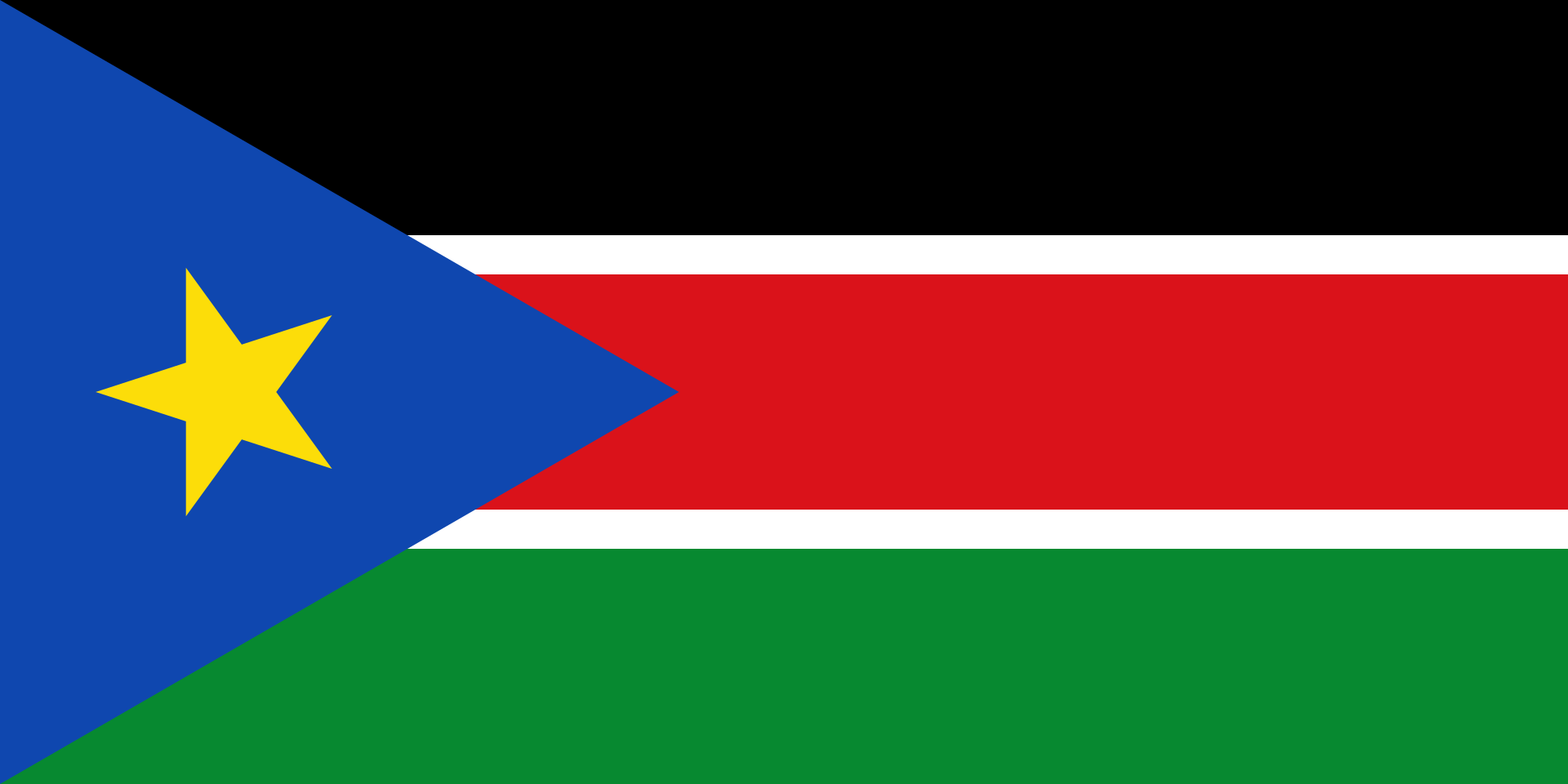Sudanese pastoralists and South Sudanese farmers concluded a cattle migration conference in Aweil town in South Sudan’s Northern Bahr el Ghazal State on Sunday.
When large herds of cattle, and their nomadic owners, move in search of pastures, there are sometimes tensions with land-owning farmers and the host community.
Pastoralists from Sudan, mainly the Rizeigat from East Darfur State, have a long history of seasonal migration to Northern Bahr el Ghazal State.
To maintain friendly relations during the migration season, the Dinka Malual and Luo communities in Northern Bahr al Ghazal, together with the Rizeigat nomadic tribe, organised a peace conference in Aweil town.
Speaking to Radio Tamazuj on Monday, Dut Majak, a Dinka Malual chief representing Aweil North and Aweil West counties, said they agreed that the Rizeigat herders should start grazing their cattle in Dinka Malual areas immediately and leave those areas in the first week of June.
“The main recommendation is that the Rizeigat representatives remain behind to see whether there are outstanding issues like blood compensations, debts, robberies and other problems. We will solve those things peacefully,” Majak said.
“The other recommendation is that we don’t want an armed civilian. Guns are the government's responsibility, and if you are found carrying a gun, no one will ask from Dinka Malual or Rizeigat peace committees. The government from both countries will deal with a civilian holding a gun,” he added.
For his part, the Rizeigat paramount chief, Mahmud Musa Ibrahim Madibo, said: “We appreciate Dinka Malual and Luo communities, and we came here purposely for the yearly peace conference. The conference ended successfully, all the previous resolutions were reviewed, and we reached positive results with new commitments.”
Meanwhile, the Director-General at the Ministry of Peacebuilding in Northern Bahr el Ghazal, Tong Garang, said: “The conference has ended, and an agreement reached in 2021 was reviewed, and both sides agreed upon some points. The total number of participants was 80 from Dinka Malual, Luo and Rizeigat communities.”
“I congratulate the Rizeigat, Dinka Malual and Luo communities on the success of the peace conference,” he concluded.
The conference was initiated by the government of Northern Bahr el Ghazal with support from the United Nations Mission in South Sudan (UNMISS), the United Nations Development Programme (UNDP) and the Coalition of Humanity (CH). - Radio Tamazuj






